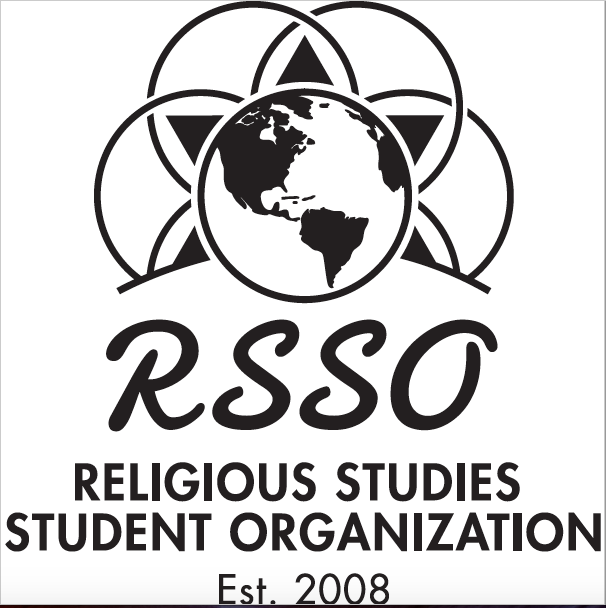Location
Dining Room
Start Date
14-4-2018 9:45 AM
End Date
17-4-2018 10:44 AM
Abstract
Mimetics is the study of the ways in which we mimic others as a form of development. Mimetic engulfment is the state of imitating another undeliberately. In this paper, I quickly explore a number of types of mimesis that we find ourselves in, distinguishing between the medium, currency, and response to an engulfment. I focus primarily on what I term doxastic conceptual engulfment and its linguistic component: a type of mimesis that deals with our self-ascription of certain concepts via the unique ways we talk in different social contexts. I then explore the repercussions of this type of mimesis on the church, concluding that the Christian linguistic enterprise is particularly susceptible to certain forms of self-deception. I argue that while engulfment in a uniquely Christian way of talking is unavoidable and the resulting self-deception is not intrinsically bad, widespread self-deception throughout the church has negative moral side-effects. I borrow Bruce Wilshire’s terminology and claim that an acute awareness of our relative ascendancy (a sort of who-engulfs-whom-and-why) within our community is the best way to ensure that our mimetic engulfment is benign. However, our mimetic engulfment undermines our ability to recognize relative ascendency, thus leading to rampant self-deception. I conclude that the only way to break this cycle is what I term unbendingness. The unbending individual is one who is able to recognize when others are engulfed in her and challenges those around her in a way that opens their eyes to their self-deceptive tendencies. This awareness allows one to break from the engulfment or gain an appreciation for the relative ascendency in the community, both of which eliminate self-deception.
Conceptual Mimetic Engulfment And its Relation to the Christian Linguistic Enterprise
Dining Room
Mimetics is the study of the ways in which we mimic others as a form of development. Mimetic engulfment is the state of imitating another undeliberately. In this paper, I quickly explore a number of types of mimesis that we find ourselves in, distinguishing between the medium, currency, and response to an engulfment. I focus primarily on what I term doxastic conceptual engulfment and its linguistic component: a type of mimesis that deals with our self-ascription of certain concepts via the unique ways we talk in different social contexts. I then explore the repercussions of this type of mimesis on the church, concluding that the Christian linguistic enterprise is particularly susceptible to certain forms of self-deception. I argue that while engulfment in a uniquely Christian way of talking is unavoidable and the resulting self-deception is not intrinsically bad, widespread self-deception throughout the church has negative moral side-effects. I borrow Bruce Wilshire’s terminology and claim that an acute awareness of our relative ascendancy (a sort of who-engulfs-whom-and-why) within our community is the best way to ensure that our mimetic engulfment is benign. However, our mimetic engulfment undermines our ability to recognize relative ascendency, thus leading to rampant self-deception. I conclude that the only way to break this cycle is what I term unbendingness. The unbending individual is one who is able to recognize when others are engulfed in her and challenges those around her in a way that opens their eyes to their self-deceptive tendencies. This awareness allows one to break from the engulfment or gain an appreciation for the relative ascendency in the community, both of which eliminate self-deception.

